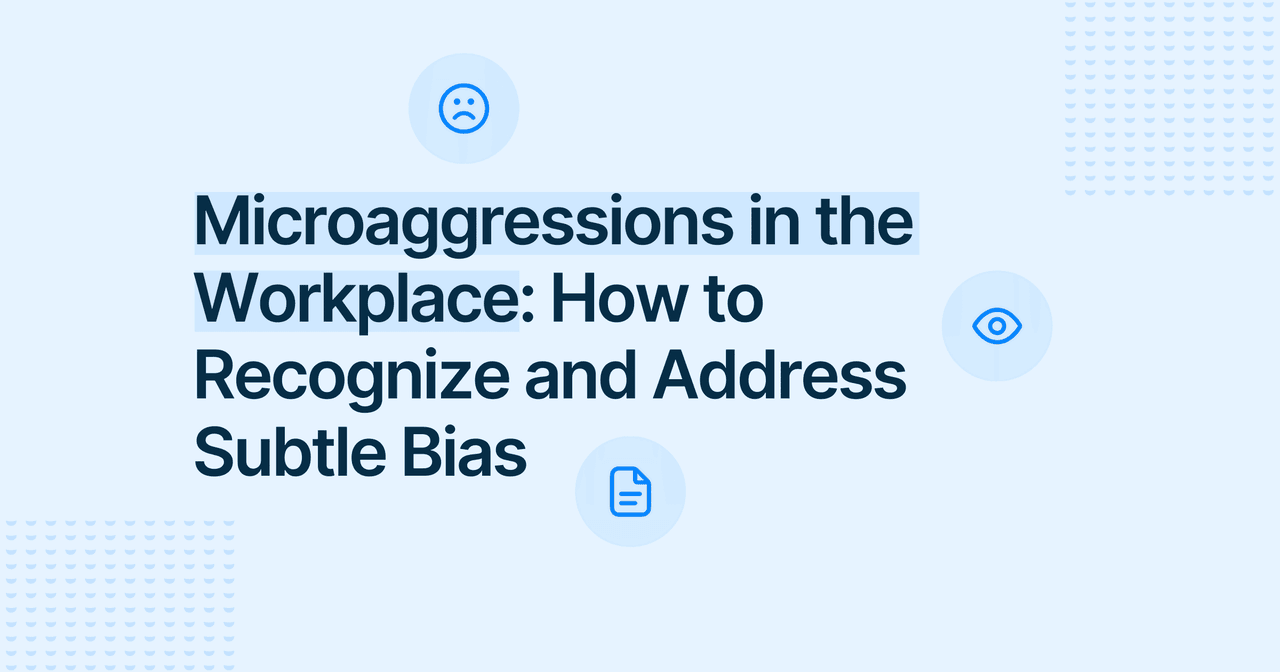



Modern Compliance Platform
Centralized whistleblowing and investigations in one secure platform.
Whistleblowing

Yeva Bartkiv
Copywriter
Published
2025-02-11
Reading time
4 min


Table of contents
Subscribe to our newsletter
Think about your workplace. Maybe it’s a company you've been loyal to for years or a new job you’re excited about. You show up, put in the effort, and trust that the company values integrity. But what if you witness something unethical - fraud, safety violations, or misconduct? Do you stay quiet to protect your employer, or do you speak up, knowing the consequences could be severe?
This is the complex world of whistleblowing and employee loyalty. It’s a moral problem that tests professional responsibility, social responsibility, and business ethics, and employees at every level may face it.

At its core, whistleblowing is about exposing unethical, illegal, or harmful actions within an organization. Sometimes, this means reporting violations internally. Other times, it requires going public - often at significant personal and professional risk.
The Journal of Business Ethics, published by Springer, explores how whistleblowing fits into the broader conversation of business ethics and social responsibility. Researchers like Ronald Duska argue that employees are more responsible for ethics than blind loyalty. Books from Prentice Hall and discussions in social science circles reinforce the idea that true loyalty to an organization means holding it accountable.
But let’s be honest - whistleblowing isn’t easy. There’s always the fear of retaliation, legal battles, or being labeled disloyal. So, how do you decide when whistleblowing is the right move?
Traditionally, being a loyal employee means protecting your company’s reputation. You work hard, follow the code of conduct, and stay committed to your team. But what happens when that loyalty clashes with ethical concerns?
Some believe loyal employees would never be whistleblowers - but is that true? Loyalty shouldn’t mean turning a blind eye to wrongdoing. Instead, it should mean being committed to the company’s long-term success, which includes honesty and ethical behavior.
Experts like John Corvino and Jukka Varelius discuss this in Issues in Business Ethics, questioning whether staying silent is ever truly the moral choice. Similarly, Robert A. Larmer’s work challenges the concept of loyalty, arguing that organizations should earn loyalty by being ethical.
So, is whistleblowing ethical or unethical? The answer isn’t always black and white.

Whistleblowing is ethical when it serves the public interest and aligns with applied ethics and legal frameworks. Some clear cases include:

Not every instance of whistleblowing is ethical. Some cases involve:
Unethical Whistleblowing Examples:
Companies must ensure employees feel safe reporting concerns if they want to build ethical cultures. Here’s how:
By fostering ethical workplaces, companies can prevent the negative consequences of whistleblowing while strengthening their organizations.
Whistleblowing and employee loyalty aren’t necessarily in conflict. True loyalty means caring about an organization’s ethical standing, not just protecting its image. Unquestioning loyalty can be dangerous, while ethical whistleblowing can help businesses grow and improve.
So, next time you’re faced with an ethical dilemma at work, ask yourself: Is my silence protecting my company, or is it allowing harm to continue?
Whistleblowing isn’t easy, but it’s one of the most potent ways to uphold business ethics and protect the public interest when done for the right reasons.




Centralized whistleblowing and investigations in one secure platform.
Keep Reading

Alaa El-Shaarawi2026-01-277 min
Workplace Environment

Alaa El-Shaarawi2026-01-2210 min
Legal & Compliance

Alaa El-Shaarawi2026-01-218 min
Workplace Environment

Alaa El-Shaarawi2026-01-209 min
Workplace Environment